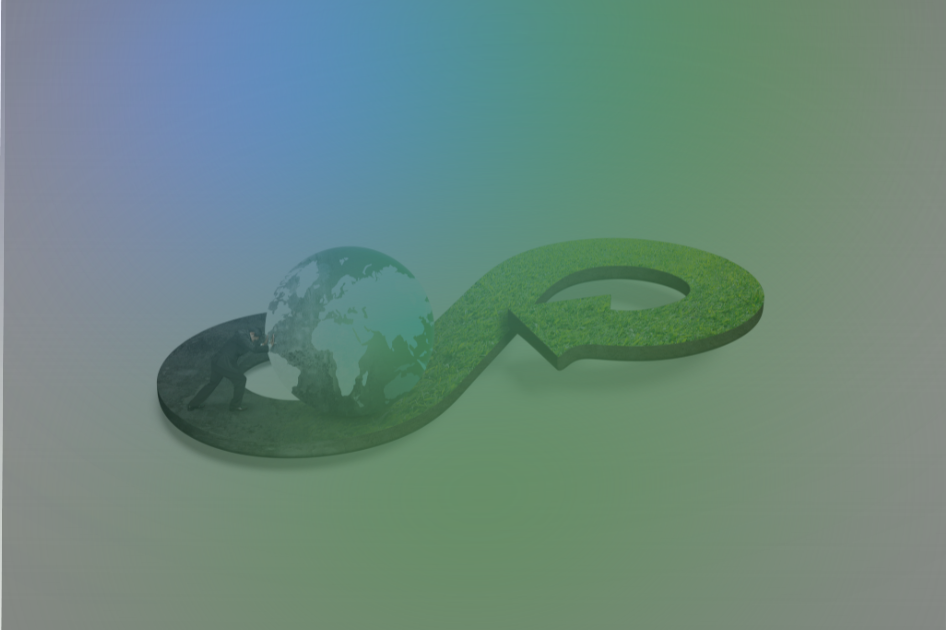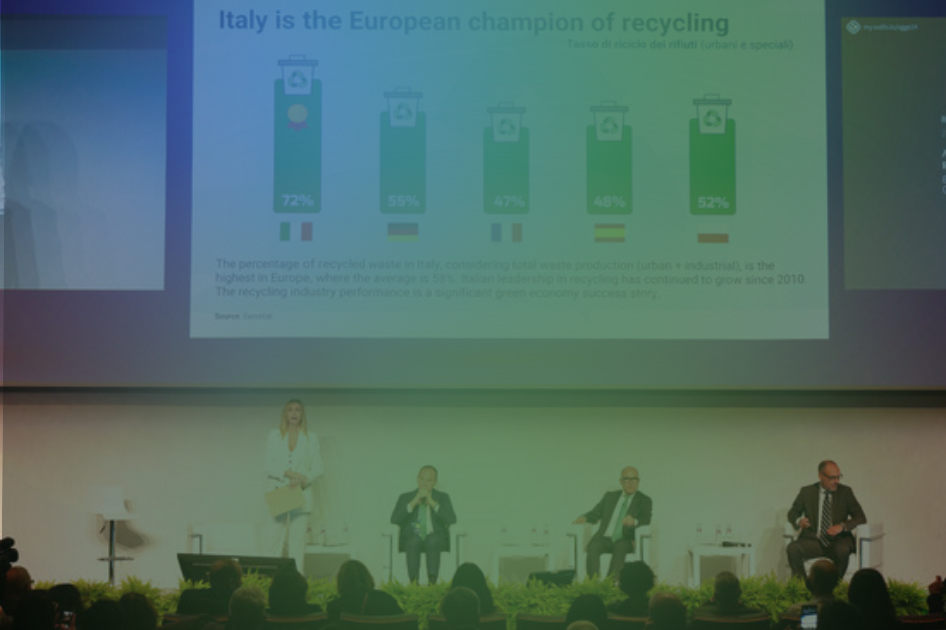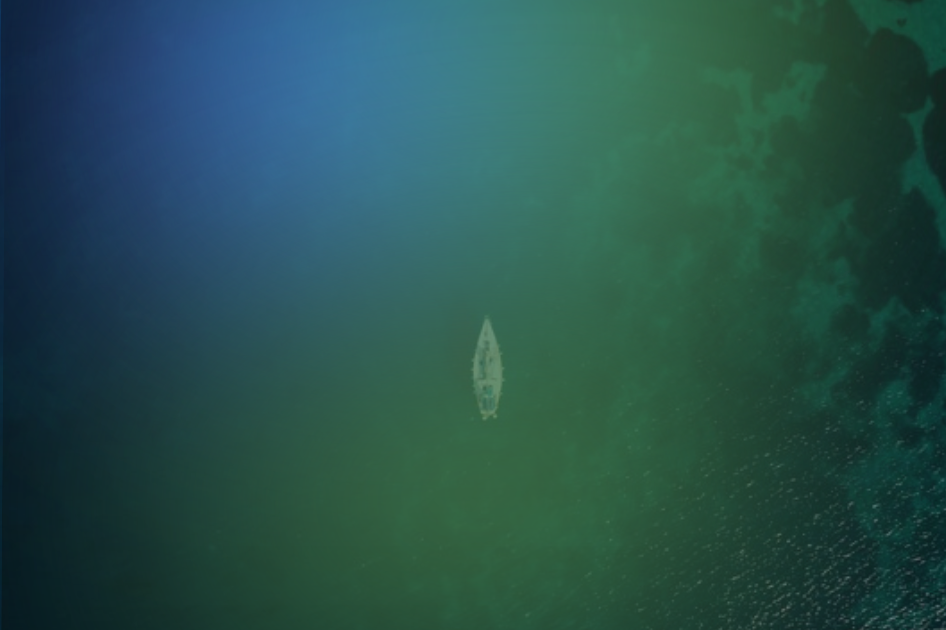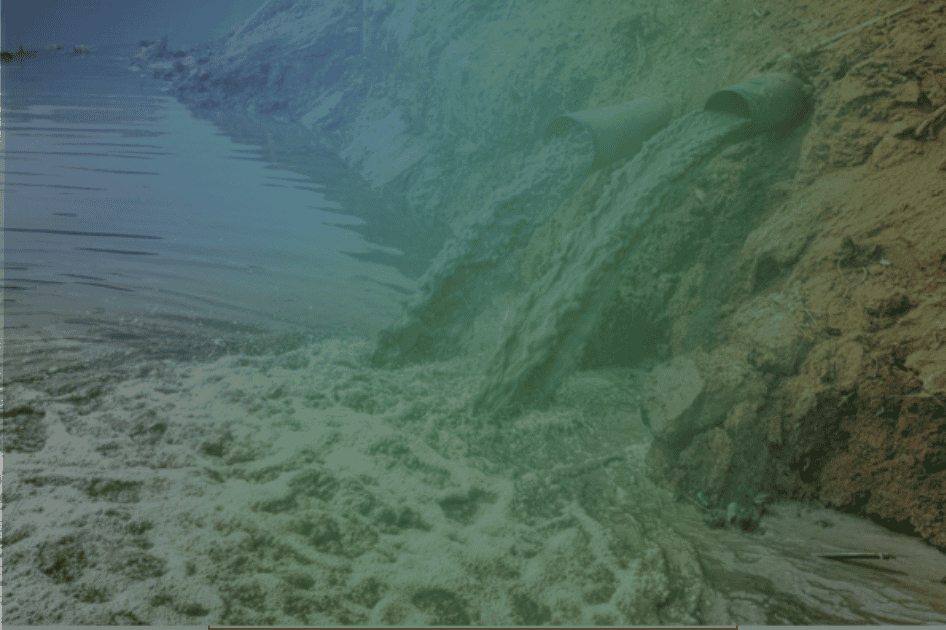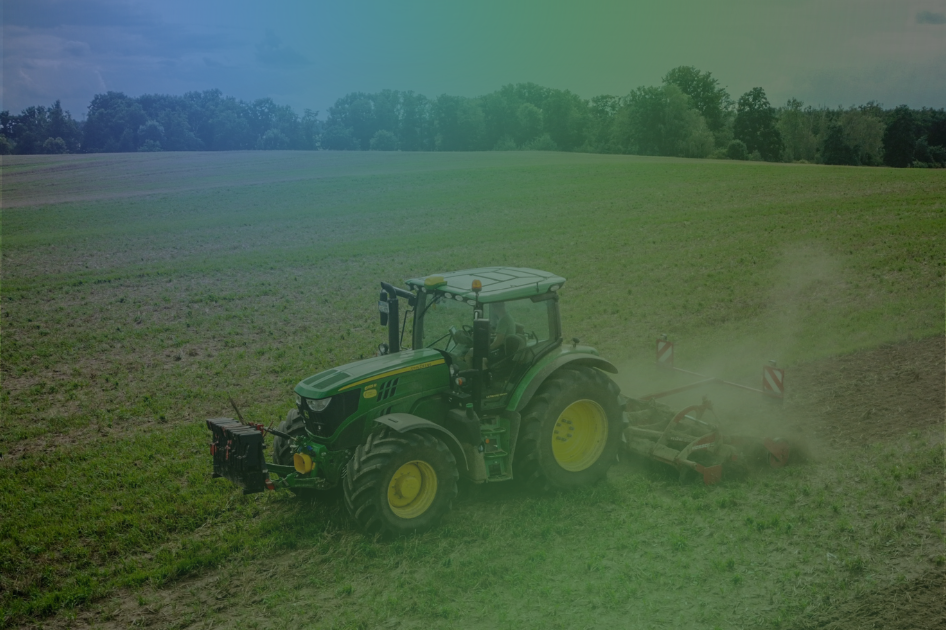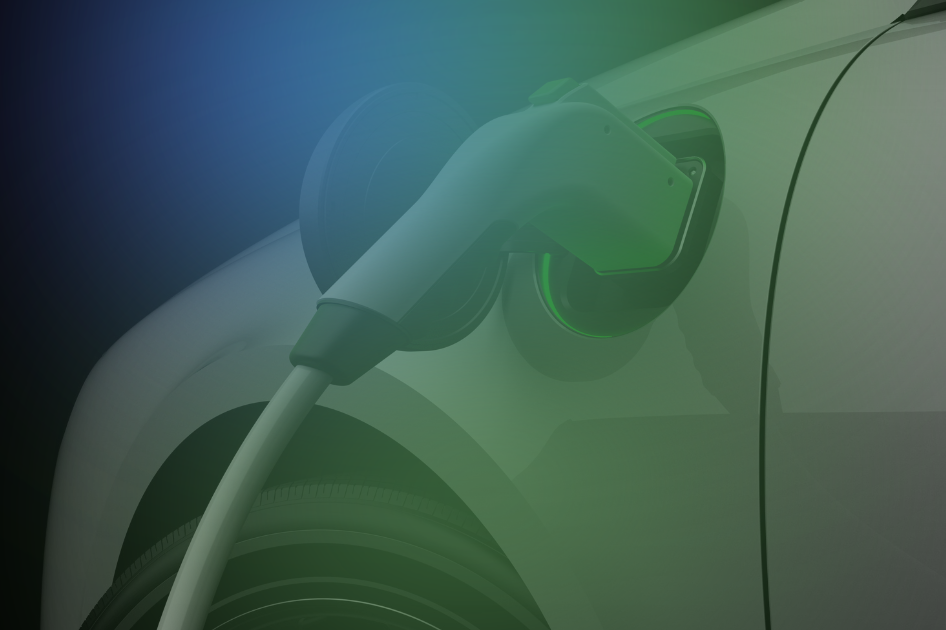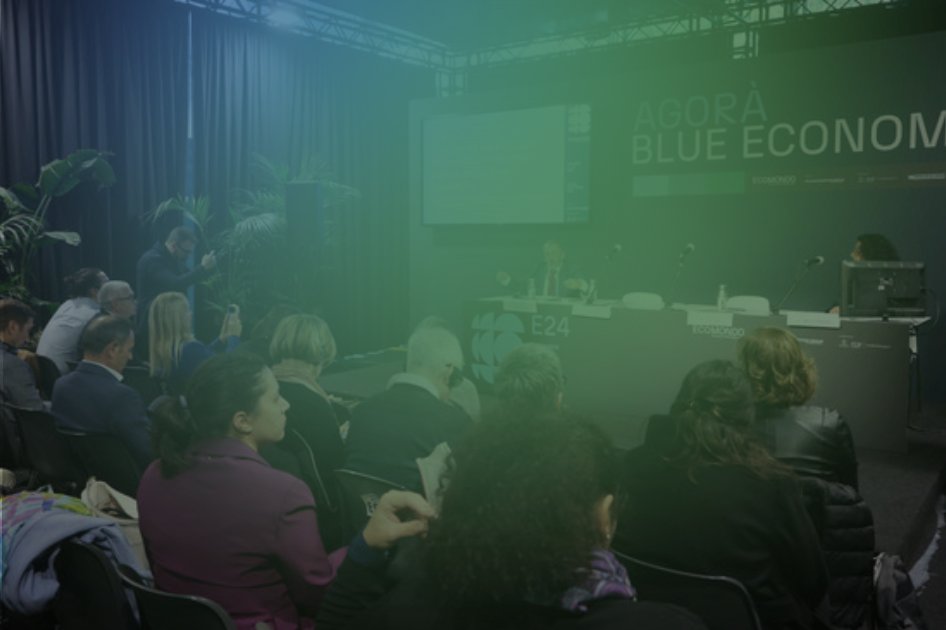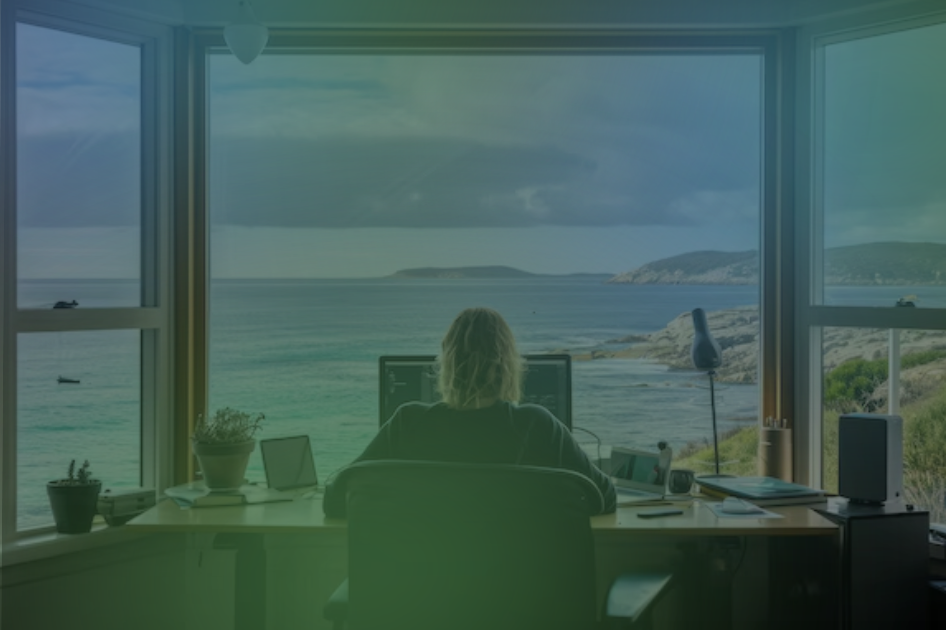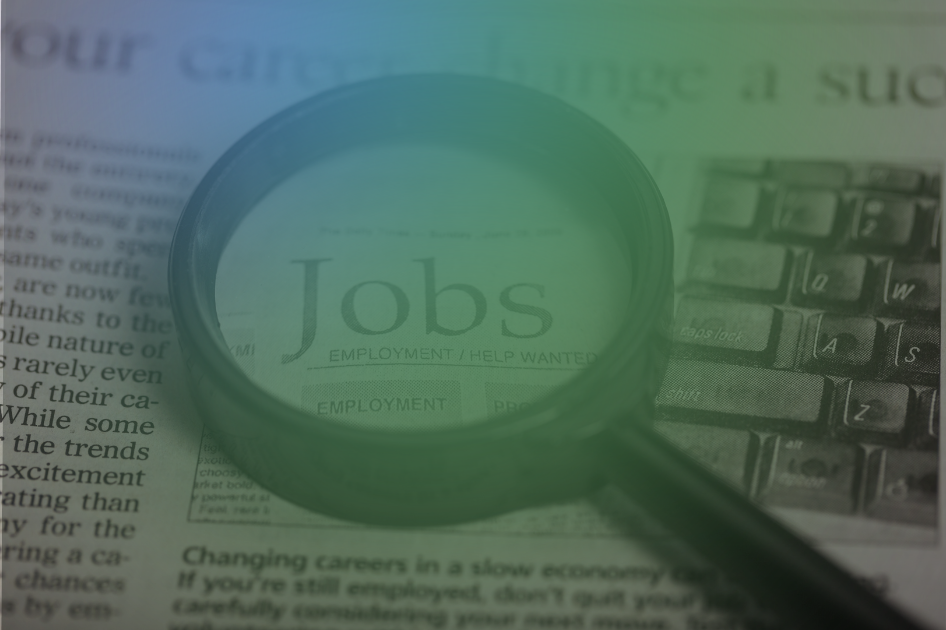<<As the eldest, I was the first to join the company. But when my personal journey began, I had no idea I would soon feel like a soldier in battle, constantly defending a fortress under siege. Perhaps that’s why, when I ask myself what important things I’ve done in my life, the answer I give is that I worked and did everything I could to support, defend, and save Marcopolo. It was worth it. I do not doubt that.>>
With these words, Alessia Bertolotto opens her book "(Dis)Fare impresa" [(Un)Doing business], coming out on the 12th of September with Santelli Editore, though already available for pre-order. It is an intense and personal work that tells the story of Marcopolo Environmental Group, the family business operating in the field of environmental sustainability and recycling, founded in 1989 in Borgo San Dalmazzo (Cuneo) by her father, Antonio Bertolotto, together with her mother, Noris Bodino.
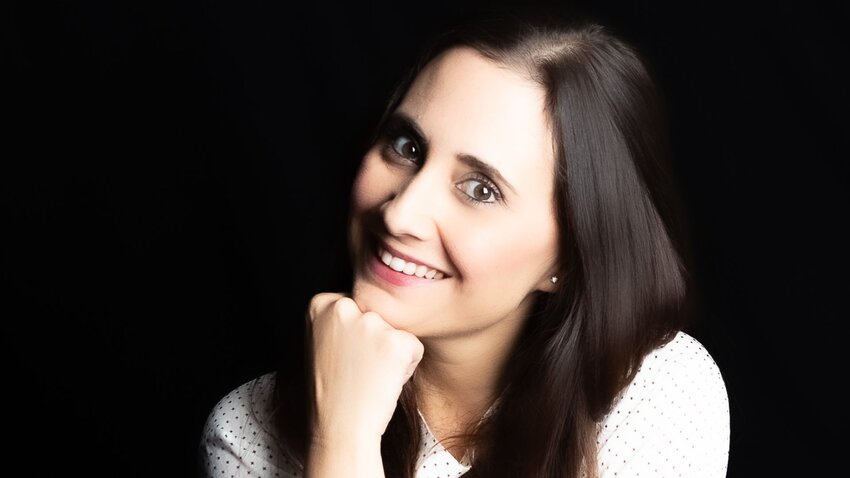
Innovation, sustainability, and travel
A forward-looking vision, because at the time, there wasn't yet much talk of the green economy and circularity. And waste was not yet considered a resource. But Antonio Bertolotto already embraced an ecological and entrepreneurial mindset, combining innovation with sustainability. He was also passionate about travel. The name of the company reflects his admiration for great explorers, particularly Marco Polo, of course, and Christopher Columbus.
As the author writes: <<The former journeyed eastwards, the latter westwards, yet both revealed to Europe the vastness and diversity of the world, showing just how much life, history, culture, and economy existed beyond our horizons, not only geographical, but also mental. Following their example, my father came to see international openness as an essential value for personal and collective growth, both intellectually and economically: a perspective that was able to go well beyond his original boundaries, driven by curiosity and interest in faraway countries.>>
- You may also be interested in: FOR REC innovates recycling: from water heaters to solar panels and beyond
A story of resilience, not only in the workplace
The story is <<a journey through hardship, injustice, moments of great resilience and Providential interventions.>> The story of Marcopolo is marked by highs and lows, by noble intentions and hard-fought battles, by loyalty and disappointment. <<Yet the underlying message is a positive one: when actions are guided by strong principles and genuine commitment, balance and justice can once again prevail.>>
All of this can be found in the book’s title, "(Dis)Fare impresa", from the mechanisms that can lead to a company's failure to the ways to bring it back to life, rebuilding relationships, values, and visions. <<The common thread is always the human being, in all its complexity, light and shadow alike: an eternal struggle between good and evil, between angels and demons, which plays out in every area of life, not just in the workplace,>> Alessia Bertolotto explains. <<For this reason, rather than simply a company memoir, I envisioned this book as a useful guide for anyone going through a crisis or transformation in their life, where integrity and perseverance make all the difference, along with the people you surround yourself with, who must be positive and optimistic.>>
<<We are people before we are entrepreneurs>>
Why did Alessia Bertolotto feel the need to write? <<For several reasons,>> she explains.
The first: <<I wanted to bring some peace to myself, to my family, and to the colleagues who stood by me. The past cannot be changed, and the wounds remain, but those who have dedicated their lives to work and to the environment deserve moral compensation, a rehabilitation of their reputation.>>
Secondly, <<I wanted to offer a tool to those who might find themselves in situations similar to ours. Moreover, the dynamics I’ve described don’t apply only to companies; they’re part of everyday life. We are people before we are entrepreneurs, and our nature tends to remain the same, whatever the context.>>
And the third reason? <<Young people, who are our future. And more than words, they need examples. I wanted to show what can happen, depending on the path one chooses, to kind-hearted souls, to strengthen their belief in doing good; and to darker souls, as a reminder that the truth will out, sooner or later.>>
A call to legislators on sustainability
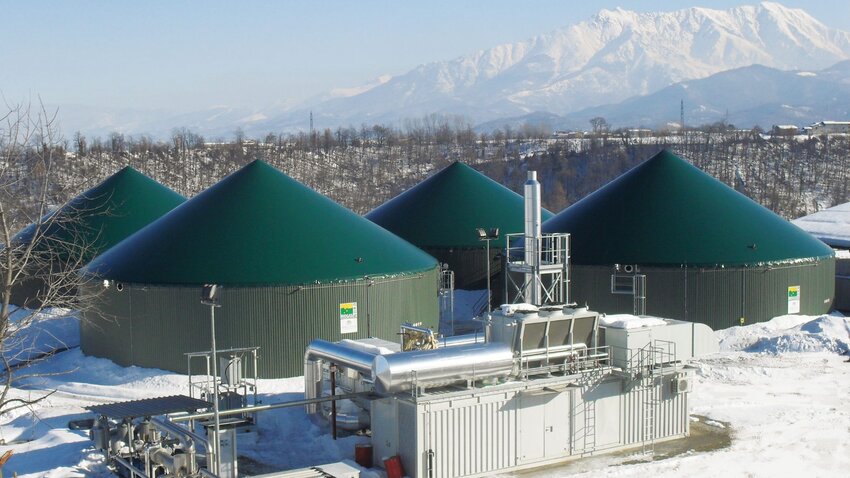
The book also offers a clear-eyed and practical reflection on the bureaucratic and legal obstacles the company has faced. And so Bertolotto calls on lawmakers: <<Some regulations need to be rethought, because rather than supporting businesses, they hinder them, especially those operating in sustainable and environmental activities.>> One of the critical issues, for example, is the lengthiness of the procedures required to set up production plants for landfill safety through the destruction of toxic biogas and the production of energy and/or biomethane from landfill biogas, organic waste from separate collection, and zoo-agro-biomass — Marcopolo Environmental Group’s core business. <<It takes 4 years instead of the 12 months that would be reasonable. In the meantime, biogas is released because not all landfills destroy it energetically, causing environmental damage as well as economic loss due to its failure to be recovered and harnessed. I hope that, through my story, more attention will be drawn to this form of waste valorisation. It represents only a tiny fraction, around 0.1%, of the renewables sector, with which it is wrongly grouped. Treating landfill biogas is a major environmental remediation effort, and it holds enormous potential.>>
In addition to its biomethane business unit, Marcopolo Environmental Group, an international company holding numerous patents and proprietary processes in the field of sustainable waste valorisation, recovery, and renewable energy production, comprises two further divisions: one dedicated to agrivoltaics, and another focused on hydrogen. <<We also have another creation, Paneco Ambiente, founded in 2016, which is involved, also in collaboration with universities and research centres, in the development and production of organic products for the home, for personal well-being, and for our four-legged friends. We chose the path of diversification, because our experience has taught us that one should never feel too safe or think they’ve arrived. It’s precisely when everything seems to be going well that one must prepare for possible crises.>>
- You may also be interested in: The european biogas supply chain is growing: the green push comes from livestock farms and beyond
Article written by Maria Carla Rota
This blog is a joint project by Ecomondo and Renewable Matter
PUBLICATION
19/08/2025

